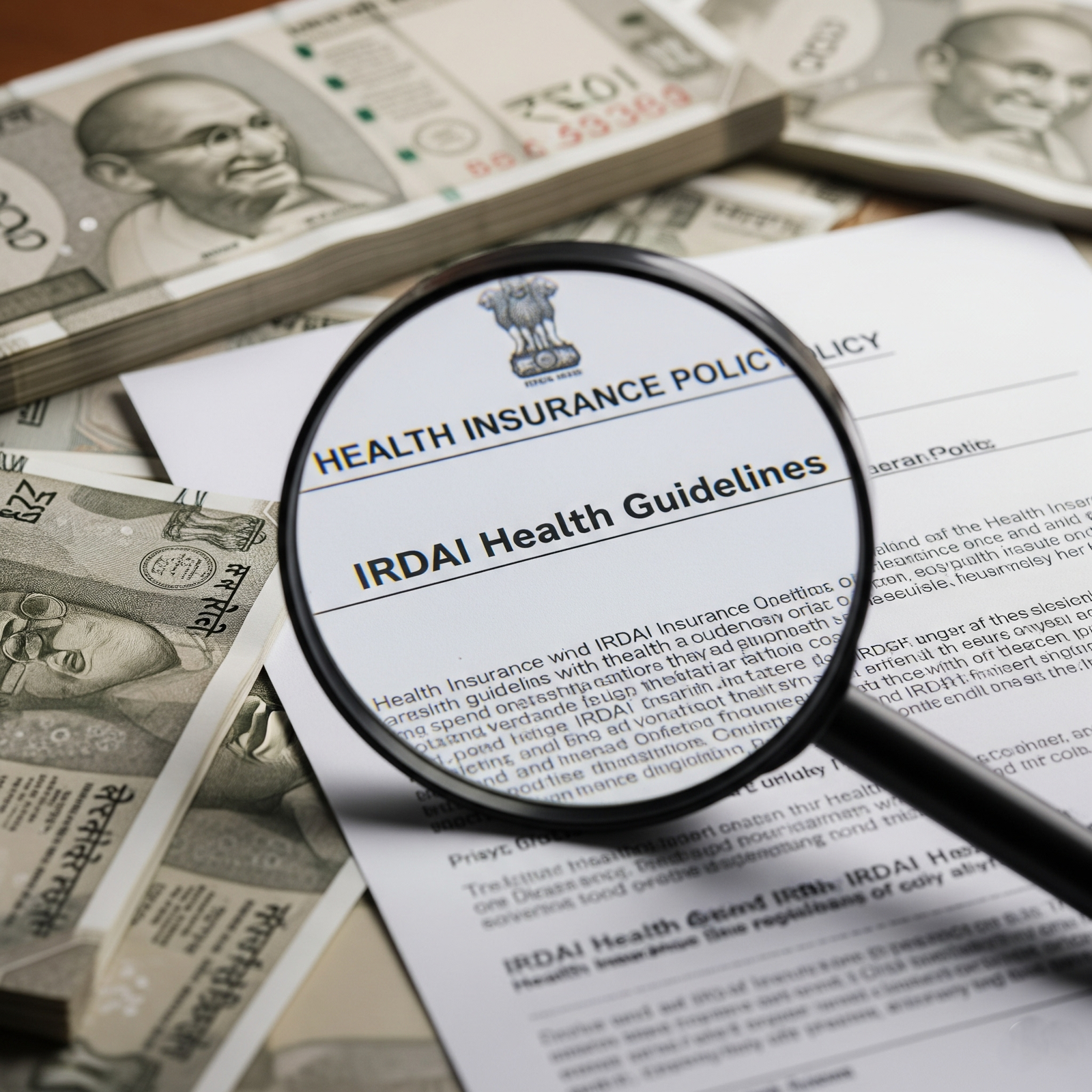The Insurance Regulatory and Development Authority of India (IRDAI) is constantly striving to make health insurance more accessible, transparent, and policyholder-friendly. Recent guidelines introduced by the regulator are set to redefine the landscape of health coverage in India, bringing significant relief and enhanced protection to millions. These forward-looking changes demonstrate IRDAI’s commitment to consumer welfare and a robust, equitable insurance ecosystem.
Key Pillars of the New IRDAI Health Guidelines: A Paradigm Shift
The latest directives from IRDAI are not mere tweaks; they represent a fundamental shift towards empowering policyholders and ensuring a more efficient and fair claims experience. Here are some of the most impactful changes:
1. No Age Limit for Entry: This is perhaps one of the most revolutionary changes. Previously, many insurers had an upper age limit for purchasing new health insurance policies, often around 65 years. The new IRDAI guidelines have removed this age restriction, ensuring that individuals, regardless of their age, can now obtain health insurance. This is a massive boon for senior citizens who often struggle to find adequate coverage, ensuring that age is no longer a barrier to financial security in healthcare.
2. Reduced Waiting Period for Pre-Existing Diseases (PEDs): The waiting period for pre-existing diseases has been a significant point of concern for many. IRDAI has now mandated a maximum waiting period of 3 years for pre-existing conditions, down from the earlier 4 years. This means policyholders will receive coverage for their pre-existing ailments sooner, significantly easing the financial burden associated with long-term health issues. Insurers are also encouraged to offer even shorter waiting periods, fostering competition and better consumer outcomes.
3. Inclusion of Severe Pre-Existing Diseases: In a move towards greater inclusivity, insurers are now prohibited from refusing coverage for severe pre-existing diseases like heart disease, cancer, renal failure, and AIDS. While underwriting terms and specific policy conditions will still apply, this ensures that individuals with serious pre-existing conditions are not outright denied access to health insurance, providing a crucial safety net.
4. Faster Cashless Claim Settlement & Discharge: A common pain point for policyholders has been delays in cashless claim approvals and hospital discharge. IRDAI has introduced stringent timelines: * Cashless Authorization: Insurers must now process cashless claim requests and provide authorization within one hour of receiving the request. * Final Discharge Authorization: Final authorization for discharge from the hospital must be granted without unnecessary delays, ensuring patients can leave promptly after treatment. These measures are designed to significantly reduce stress and financial uncertainty during medical emergencies.
5. Enhanced AYUSH Treatment Coverage: Recognizing the growing acceptance and efficacy of traditional Indian systems of medicine, IRDAI has mandated that health insurance policies must now include AYUSH (Ayurveda, Yoga, Unani, Siddha, and Homeopathy) treatments without any sub-limits, up to the sum insured. This broadens the scope of covered treatments, offering policyholders more diverse and holistic healthcare options.
6. Moratorium Period Reduced to 5 Years: The moratorium period, during which an insurer could contest a claim based on non-disclosure or misrepresentation, has been reduced from 8 years to 5 years. After 5 continuous years of coverage, a claim can only be denied in cases of proven fraud. This provides greater security and peace of mind to policyholders, as their claims are less likely to be contested after a reasonable period.
7. Policyholder Choice and Portability Improvements: Reinforcing consumer autonomy, the guidelines underscore the policyholder’s right to choose their insurer and port their health policy seamlessly. The process of portability is further streamlined, ensuring that credits for waiting periods and no-claim bonuses are effectively transferred, as discussed in our previous article on Health Insurance Portability.
8. Focus on Wellness Benefits: While not entirely new, IRDAI continues to encourage insurers to offer wellness and preventive healthcare benefits. These incentives, such as discounts on premiums or increased sum insured for adopting healthy lifestyles (e.g., gym memberships, health check-ups), promote a proactive approach to health and can lead to long-term benefits for both policyholders and insurers.
The Impact on Policyholders and the Industry
These IRDAI guidelines herald a new era for health insurance in India. For policyholders, they translate into:
- Greater Accessibility: More people, especially the elderly and those with pre-existing conditions, can now access much-needed health coverage.
- Enhanced Financial Security: Reduced waiting periods and quicker claim settlements mean less out-of-pocket expenditure and faster relief during medical crises.
- Broader Coverage Options: The inclusion of AYUSH treatments and the encouragement of wellness benefits provide more comprehensive and diverse healthcare solutions.
- Increased Trust and Transparency: Shorter moratorium periods and clearer claim settlement guidelines foster greater faith in the insurance system.
For the insurance industry, these guidelines necessitate a focus on efficient processes, transparent communication, and customer-centric product development. While posing operational challenges, they ultimately aim to foster a more competitive and responsible market that serves the true purpose of insurance – providing protection when it’s needed most.
Conclusion
The IRDAI’s latest health insurance guidelines are a clear testament to its commitment to building a robust, inclusive, and fair insurance sector in India. By addressing long-standing concerns and proactively shaping the market, the regulator is empowering policyholders, promoting healthy living, and ensuring that health insurance truly acts as a reliable shield against the ever-increasing costs of healthcare. It is imperative for every individual to stay informed about these changes and leverage them to make the best choices for their health and financial well-being.

